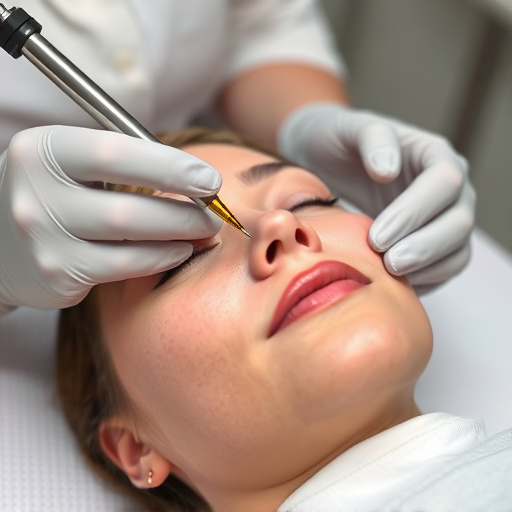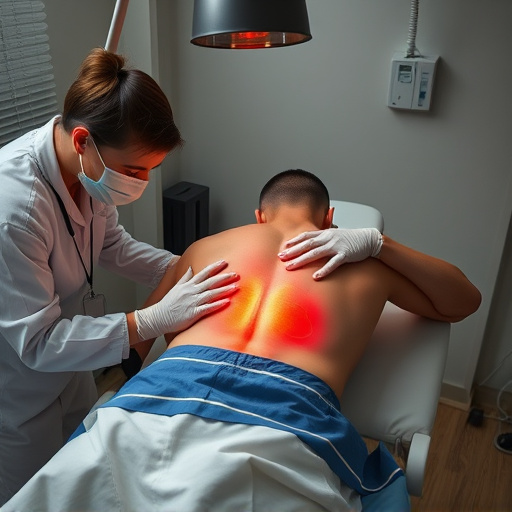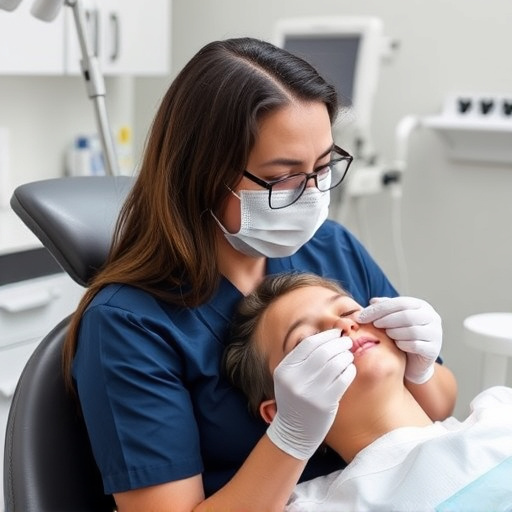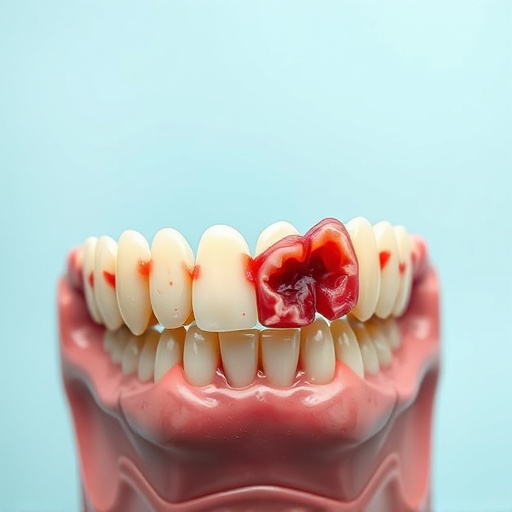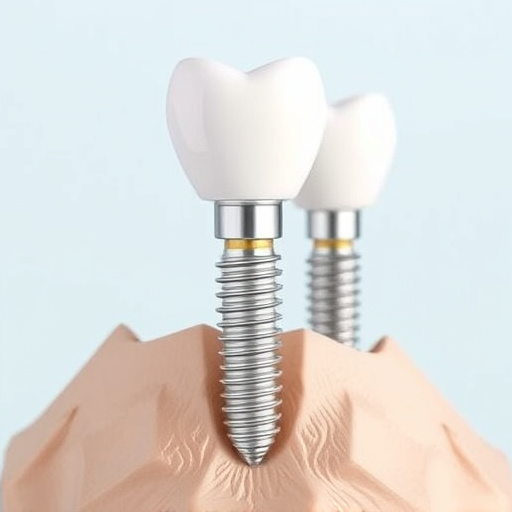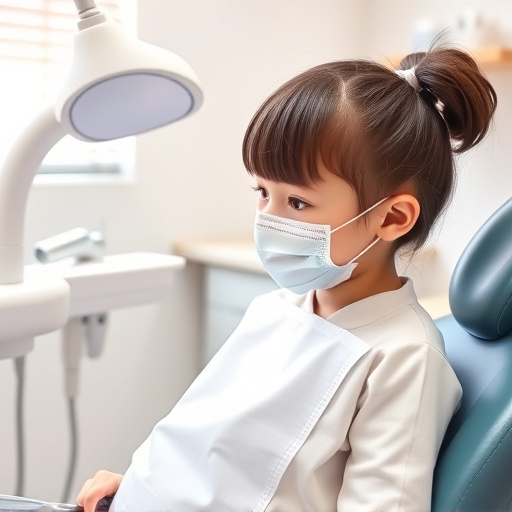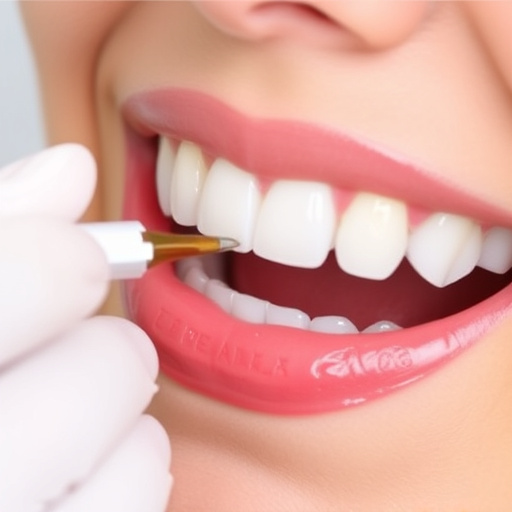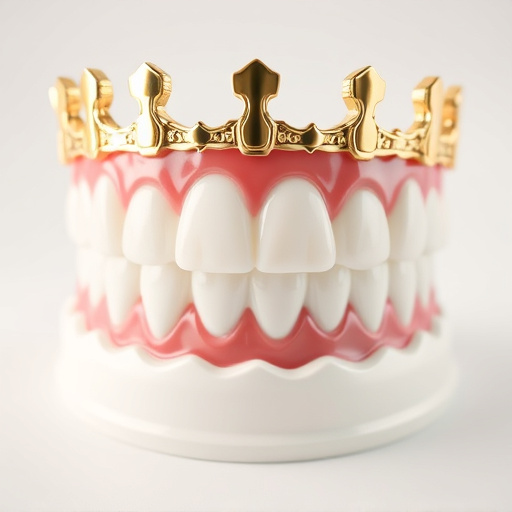Emergency dental care is vital for preserving oral health, preventing severe issues like extractions, and minimizing costly procedures. Timely intervention allows dentists to use restorative techniques to fix minor problems before they escalate. Recognizing symptoms like sharp pain, swelling, or bleeding is crucial; immediate contact with a dentist or emergency care is essential. Regular preventive dentistry practices complement emergency care by avoiding potential crises.
“Emergency dental situations can be daunting, but prompt action can often prevent costly tooth extractions. This article explores critical aspects of emergency dental care, empowering you to navigate such scenarios effectively. From understanding urgent dental issues to recognizing signs and seeking timely treatment, we delve into the benefits of rapid intervention over extraction. By arming yourself with knowledge, you can ensure better oral health outcomes and avoid potential complications.”
- Understanding Emergency Dental Situations
- Benefits of Prompt Dental Care Over Extraction
- How to Recognize and Prepare for Emergency Dental Needs
Understanding Emergency Dental Situations
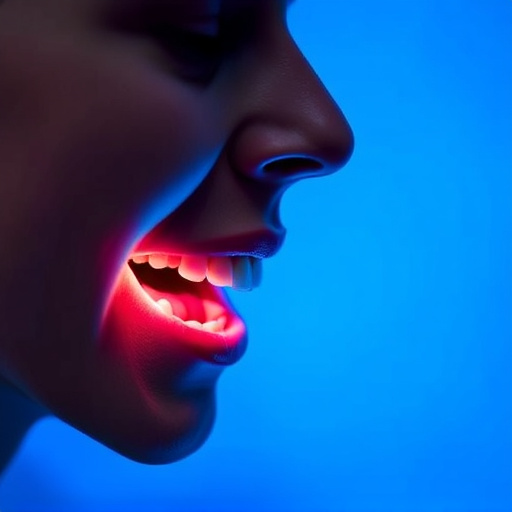
Emergency dental situations can arise unexpectedly, causing pain and discomfort that requires immediate attention. These scenarios often involve toothache, dental trauma, or a broken filling/crown. Recognizing the urgency is key to preventing more severe oral health issues, including potential tooth extraction. Many people underestimate the importance of swift action, believing that some dental problems can wait. However, prompt emergency dental care can often save teeth that might otherwise need to be extracted.
Timely intervention allows dentists to assess and treat the issue using various restorative dentistry techniques, such as tooth repair or dental implants. Instead of losing a tooth, a skilled dentist might be able to preserve it by repairing or replacing damaged parts. This not only saves you from an unnecessary procedure but also maintains the natural beauty and functionality of your smile.
Benefits of Prompt Dental Care Over Extraction
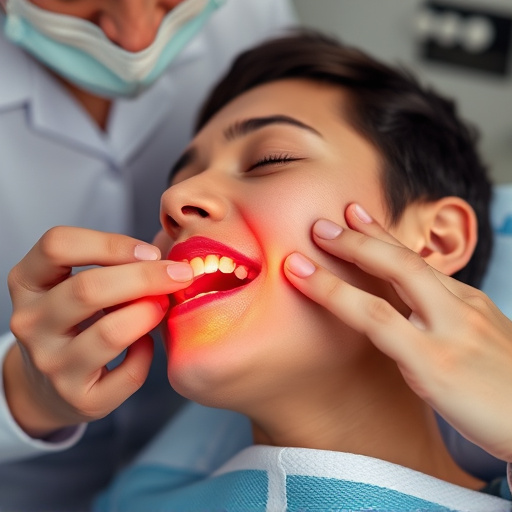
Prompt emergency dental care can often be a game-changer when it comes to avoiding unnecessary procedures like wisdom tooth removal. Many people assume that if they ignore a minor dental issue, it will go away on its own or become less painful. However, this is not always the case. Delving into comprehensive dental care at the first sign of trouble can prevent more severe infections and, in many instances, eliminate the need for invasive treatments such as wisdom tooth removal.
Instead of resorting to procedures like dental crowns, which come with their own set of costs and potential complications, focusing on emergency dental care can address the root cause of the problem. Whether it’s a sharp pain, swelling, or an infection, prompt attention from a qualified dentist can often save you time, money, and discomfort. This approach ensures that your oral health is maintained without resorting to extreme measures like wisdom tooth removal.
How to Recognize and Prepare for Emergency Dental Needs

Recognizing an emergency dental situation is key to preserving your oral health. Symptoms such as severe pain, swelling, bleeding, or a loose tooth are clear indicators that immediate attention is required. It’s important to stay calm and contact your dentist or seek emergency dental care promptly.
Preparing for potential dental emergencies can make the process smoother. Keeping an emergency kit with over-the-counter pain relievers, cold compresses, and clean gauze handy is wise. For specific issues like a cracked tooth, having a temporary cosmetic filling as a stopgap measure before visiting the dentist can alleviate discomfort. Remember, regular preventive dentistry practices, including routine cleanings and check-ups, are crucial in avoiding such emergencies and promoting overall oral health.
Emergency dental care plays a pivotal role in preserving your oral health, offering a less invasive alternative to tooth extraction. By addressing urgent dental issues promptly, you can avoid potentially painful and costly procedures. Understanding common emergency situations, recognizing symptoms, and being prepared can significantly reduce the impact of dental crises. Prioritizing timely dental care is a proactive step towards maintaining a healthy smile, ensuring long-term oral well-being.
